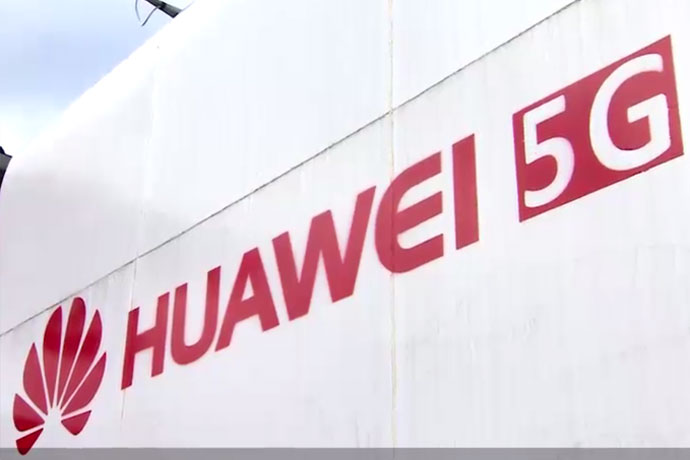Last month, the Indian government had allowed Chinese tech major Huawei to take part in the 5G spectrum trials which were to begin this month. This decision had drawn mixed reactions as Huawei has not been in the best of books with India’s other friendly nations, particularly the United States.
Huawei has been blamed by the US for espionage and back-door exchange of sensitive information with Iran and China. This resulted in Huawei being banned in the USA, followed by countries like Australia and Japan. The US called upon India to do the same, however, India did not oblige to the diktats of Uncle Sam back then. While the US’ concerns regarding the Chinese company’s motives and mode of operations might be overly exaggerated, there is also the paradigm of national security which India cannot totally neglect, given the fact that China might avail itself of sensitive information using Huawei’s infrastructure.
A report in The Print has now revealed that similar apprehensions have been raised by all three military forces of India regarding the permission granted to Huawei to participate in the 5G trials. For the Army, Air Force and the Navy to all unanimously raise concerns regarding Huawei is indeed something which needs to be taken note of.
“We have our own concerns with regard to Chinese 5G that has been put forward to the government. From our point of view, there is a big chance of our command and communication systems getting compromised,” a senior military officer told The Print. The officer further added, “Do we have the wherewithal to ensure that the systems are not compromised and everything is in place? Once the 5G network rolls out, the data will be super fast and slowly every system will be run on it and this is where the risk is.”
A compromise of India’s military infrastructure and subsequent exposure of highly classified and sensitive information is a huge factor which might advocate barring the Chinese company from participating in the trials. However, despite these red flags, the government allowed Huawei to take part in the trials. Either the government must have something up its sleeve which we are not aware of, or the government has simply looked at the monetary and short term benefits of allowing the company to make its way into India’s airwaves. If the former, then, in all probability, we will see Huawei not being sold the 5G spectrum during the auctions. However, in all likelihood, Huawei would be the lowest bidder, and as such, the government would be caught in a spot if Huawei actually reaches a point where they bid the lowest price, and are sold the premium spectrum. Refusing them the spectrum after they turn out to be the most cost-friendly bidders would be a huge mistake for the government, as it would send a direct message that there was no fair play while auctioning the spectrum and that Huawei was allowed to participate in the trials and auction only to raise the competitive index in the market.
However, if the government has merely looked at the short-term benefits of allowing Huawei into India’s telecom market, then it would be a first step in compromising India’s national security if the apprehensions of the tri-services are anything to go by.
India might also be looking at this as barter with China. While India allows a Chinese tech major entry into its telecom market, it would demand reciprocation from China and would want China to loosen its economy for Indian players.
Huawei’s presence in the 5G trials is going to intensify and tighten competition as far as the 5G spectrum is concerned. The 5G spectrum auction will yield a massive worth for the Indian government, which is looking at compensating for the revenue shortfall which it will incur due to the sharp corporate tax rate cuts announced last year, amid outrage over a snow diving economy. Whatever the reasons may be, the government must indeed be very cautious about the ramifications which such a decision might have, and might also want to re-examine its decision to allow Huawei into the trials altogether.
